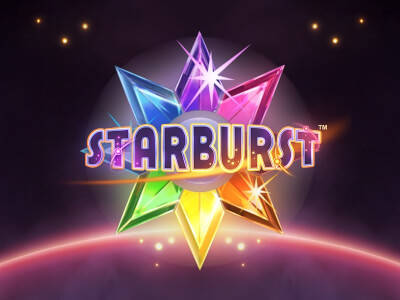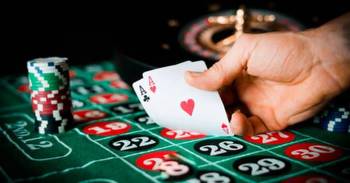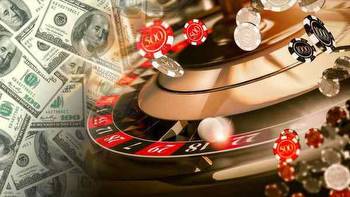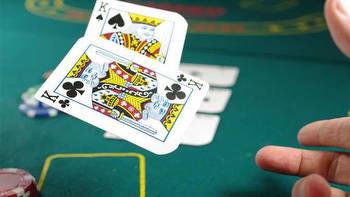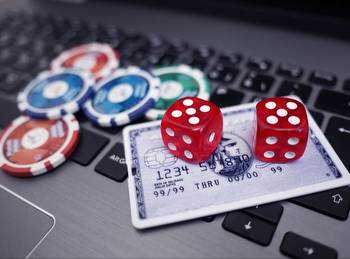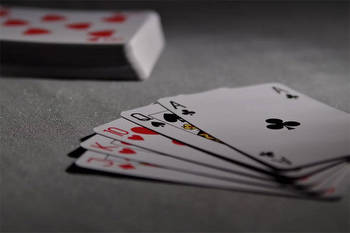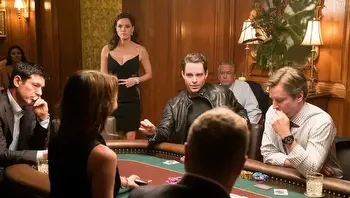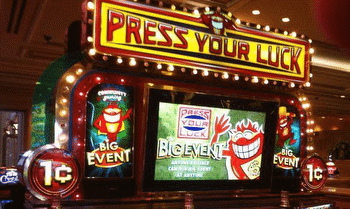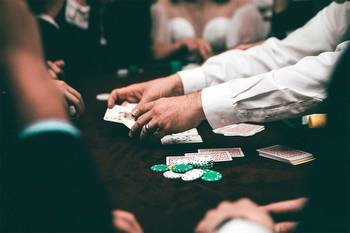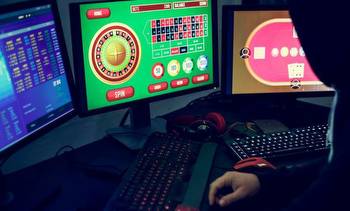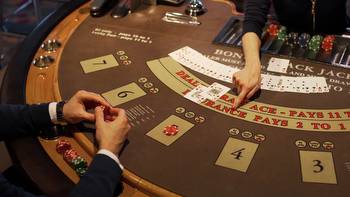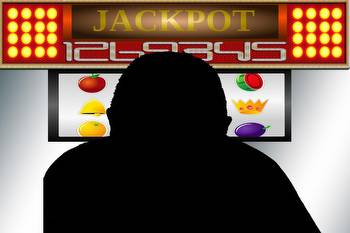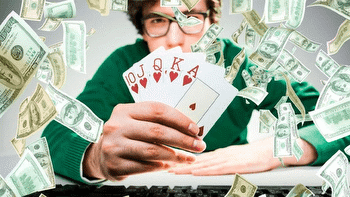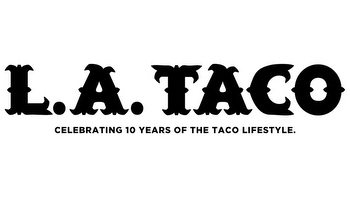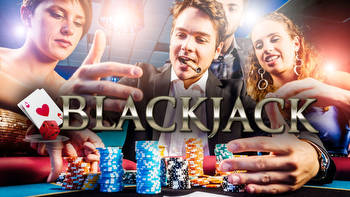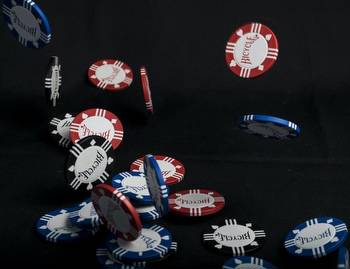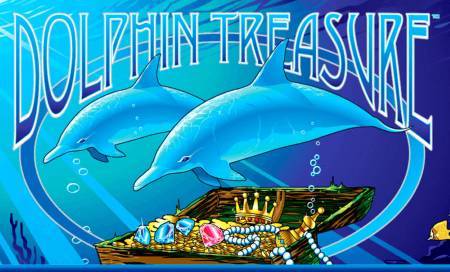Delusions of Grandeur at the Casino

Let’s clear the air: Thinking you can fly or that you’re the true King of Denmark are examples of what psychologists call delusions of grandeur. But the expression is less formally applied to far less serious matters these days, including acts of hubris and even simple over-confidence.
That said, I’ve identified several so-called Delusions of Grandeur in the casino, and after we talk about what “delusions of grandeur” mean in terms of gambling, I’ll provide five concrete examples of the errors we can all safely flag as over-confidence and suggest ways in which we can avoid (or at least survive) each of them.
Oh, one last thing before we get on with it: One of the best ways of avoiding the heartbreak of hubris at the casino is not to go there at all. Instead, visit the best online casinos from the comfort of your own home.
When you take away the glitter, the lights, the sounds, and the crowds, you often find that you’re better able to think clearly about your play and each of the decisions you must make to ensure the best results.
Besides, at home, you don’t have to tip the valet.
Delusions of Grandeur — What Are They?
True Delusions of Grandeur in the casino are signs of serious mental health problems.
Sufferers often believe they are someone they are not, or suspect shadowy figures are even now sneaking up on them with evil intent, or that someone famous secretly loves them and wants to consummate that love; the sooner, the better.
Okay, I just creeped myself out a bit.
In any case, we’re not talking about mental health issues here. We’re talking about the common hubris (pronounced “over-confidence”) gamblers regularly exhibit while getting their gamble on. Hubris convinces us we can when we can’t and that we will when we won’t.
Win that is. And indeed, you will win. Eventually.
But, generally, not when you’re expecting it. Ditto losing. Nothing kills a night at the casino more than a streak of bad luck that has your bankroll circling the drain like that goldfish you won at the county fair that time. Biff, you named him.
We may all agree that we cannot fly (by sheer willpower), but that million-dollar jackpot on the progressives looks ready to hit, and our odds of winning it seem far better than they are.
The House Money Effect
We’ve all experienced this. It is, in fact, one of the most common precursors to delusions of grandeur in the casino.
It begins simply enough: We sit down at a slot machine and instantly win. We are now playing on house money. We are literally not risking our own money—or so we imagine. This incorrect assumption colors our choices for the rest of the gaming session.
But we’re deluding ourselves. We didn’t alter the reality of a 95% RTP, we experienced a lucky variance in the play, and that play will, eventually, swing the other direction and fail to pay off when statistics show that it should.
House Money Effect gives us false confidence, which unfortunately can carry us deep into Walk of Shame and chasing territory.
‘I’d Rather Be Lucky Than Skilled’
Of course, if we all had our druthers, we’d choose to be both lucky and skilled. But the sad truth is that luck happens—good and bad—independently of our needs, while skills persist.
Even better—you can improve your skills. Heck, you can even add new ones to your gambling toolbox. Luck, on the other hand, remains indifferent to your wants and wishes. It is, all too often, blowing on some other guy’s dice.
So forget luck. Concentrate on things you have control over, which are your abilities, your skills, and your rationality.
YOLO!
“You only live once”—otherwise known as the mating call of the common idiot—seems almost antithetical to over-confidence or hubris. Still, it is, in fact, the very embodiment of it. No one shouts YOLO, thinking they will not survive whatever experience they’re steeling themselves to endure.
I beat the subject to death about YOLO at the casino a while back, so suffice it to say that while it can help get us to try something new, it is all too often used as the opening act to demonstrate stupidity.
If I haven’t clarified enough, let me do so now: Declaring “YOLO!” is a stupid act entirely separate from the stupid act it announces and precedes.
Besides, how do you know you only live once, hmmm?
Oh, and don’t forget the semi-associated acronym, FOMO (Fear of Missing Out). It’s not a symptom of over-confidence, but it can persuade us to try our hand at unfamiliar gambling games we probably should read up on first.
Hope vs. Expectation
We’ve all heard the expression, “A second marriage is a triumph of hope over experience.” Well, that same concept applies every time we walk into a casino, eyes darting eagerly from the slots to the blackjack tables to the poker room. This is a human reaction, like going to a dance or even going on a blind date.
Expecting a good time is often just as pleasurable as the good time itself. Sometimes, it’s better. But in the back of our minds, we must remember that hope differs from expectation.
While we hope to win, our expectation should be that we enjoy an evening of risk-taking, regardless of the ending size of our bankroll.
Five Ways to Avoid Falling Victim to Delusions of Grandeur
The main manifestation of delusions of grandeur—or hubris on the gaming floor, if you prefer—is over-confidence in the presence of contrary evidence.
Remember Amber (played by Amy Poehler) in that recurring skit on SNL? Amber was always in competition for one thing or another. Despite her growing list of personal drawbacks (“I got one leg, I’m hypoglycemic, I got irritable bowel syndrome”), she firmly maintained every time,” I’m gonna win!”
Be that as it may, let’s look at how to respond to delusions of grandeur when gambling.
Know Thyself
Are you a naturally confident person? Have you mastered enough of the skills of living that you know you can tackle any problem or adversity that comes your way?
Me neither. Sure, there are things I know I do well—I instinctively understand remote controls, for instance, which makes me a big hit at parties, let me tell you. My talent for stepping j-u-s-t past the edge of acceptable levels of sarcasm is second to none, as the many uncomfortably silent evenings I’ve spent with my wife will attest.
Having faith in your ability to win is one thing—ignoring obvious handicaps that will work against you is entirely different.
And believing you will win or succeed at some endeavor, you have little knowledge, and few of the skills required are signs of over-confidence at the Amber level.
Sure, it’s funny in an SNL skit, but not so much when you blow your bankroll in 20 minutes because you had a “good feeling” about sitting down at the pai gow table for the first time.
Know Your Numbers
People who make a living selling things are told repeatedly that they need to know their numbers, i.e., possess knowledge of exactly how successful they are at each step of the sales process. Armed with this knowledge, salespeople are then able to identify potential weaknesses in their strategy and get a better grasp on their strengths, as well.
The same should apply to gamblers—at least those who want to succeed as much as possible. Are you good at heads-up play at the hold’em table but play more hands than you should? Do you know the volatility of your favorite slot, as well as its RTP?
Low volatility means frequent but small payouts, while high volatility translates to rare but bigger payouts.
RTP (Return to Player) is a percentage that expresses the ratio between money in and money paid out by the game over—and this is important—throughout its lifetime in service. There will be peaks and valleys in that percentage.
Not Everything Is a Competition
Well, live poker is, but most other gambling is not.
You’re not there to beat the other people at the neighboring slot machines. Still, do you sometimes feel you have to do better or win more than that guy on the Buffalo! Machine over there? You know, who fills his screen with stampeding bison with virtually every spin?
Yes, we hate him, too, and OMG, does he cut his own hair? Seriously, though, altering your play (suddenly going max coins in is a common response) is likely to do nothing but move your bankroll from your pocket to the casino’s vault more rapidly.
Many people never feel this level of competitiveness, but some do—and its insidious nature makes it difficult to notice until it’s too late and you’re wondering if the second walk of shame would turn the tide.
One of the best ways to overcome this particular frailty is to imagine that you and your erstwhile “competition” are teamed up to defeat the real opponent: The casino. This is closer to the truth than thinking you and your neighbor on that other slot machine are locked in mortal battle with each other.
The Walk of Shame Is Never a Good Idea
“The casino looks a bit worse for wear, so I’m going to go draw out another $500 to give to them so they can hire more cleaning staff,” said no one ever.
Let’s face it, a Walk of Shame to the nearest ATM at the casino is never motivated by feelings of charity—and is never attempted during a winning streak.
Nope. The Walk of Shame means you have pissed away your entire bankroll, and now you think you can turn it all around with an infusion of more of your money. Provided you have unlimited funds, that might actually happen, but for those of us living in the real world, throwing good money after bad is never a smart move.
What about humans makes us think that losing bet after bet is merely a harbinger of greater rewards when the jackpot finally hits?
And parenthetically speaking, even your bank is taking a cut on this action. It charges you for the act of dispensing money to you. Yes, you are buying your own money, but the bank figures you’ll do it. I mean, you’re already drawing more money out to give to the casino. Why shouldn’t your bank get to dip its beak?
Chasing Losses
The Walk of Shame noted above is often the first sign of chasing—the strategy that the losing streak cannot go on forever. True, but neither can your money. Which one will run out first—bad luck or your bank account?
Studies indicate that heavy gamblers tend to be the most over-confident and the most likely to chase losses. But even casual or recreational gamblers can fall victim to this. Losing for any length of time often does not discourage us from further play, but rather, a renewed enthusiasm for getting on with the show and turning this around.
Even without the walk of shame, insisting on following the same strategy or playing the same game that has resulted in your losses is a terrible idea. Instead, change your game and stop playing for a good time.
Top Tip
Sometimes a 15-minute break is enough to give you a better handle on the urges driving you to chase that elusive big win. Other times, you need a complete break from gambling, either for a day, a week, or even longer.Don’t worry; the casino will still be there when you want to gamble again. And while your money will already be otherwise occupied, other gamblers have generously kept the casino’s coffers filled for your convenience.
The Thrill of It All
In the final analysis of Delusions of Grandeur in casinos, pretending you’re a pirate or royalty is one of the fun parts of being a kid. But when we become adults, we’re expected to put away childish things.
One place where we have difficulty doing this is at the casino. Everything is designed to erase our humdrum perceptions of normalcy, from the lack of clocks to the constant noise, the festive atmosphere, and the obsequious servants.
Of course, your drinks are free, my liege! This is your kingdom!
But it’s not our kingdom. We’re tourists, and the more we keep an eye on our wallets and understand the risks and rewards of various attractions, the more we’ll remember the visit with fondness.
Suppose you choose to gamble at a brick & mortar casino, great. But remember that gambling is identical—and you have far more control—if you decide to gamble online.
You can even find some of the best specialty games around, all of which offer you the opportunity to learn the game and even hone your skills, all from the comfort of your own home.







